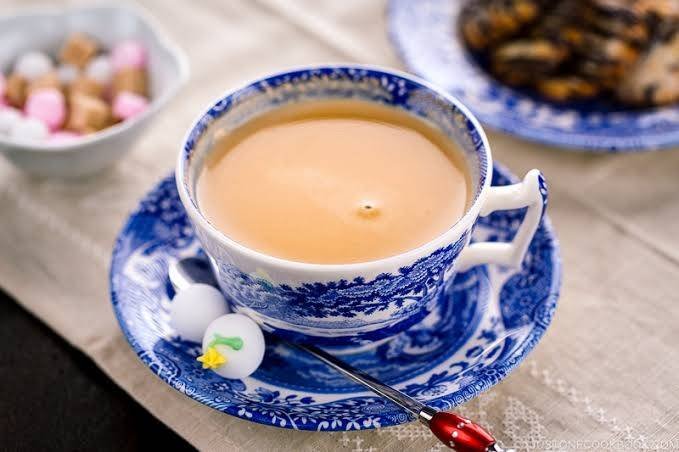Milk Tea Consumption and Mental Health: A Startling Connection
After a recent study conducted that concerned a link between milk tea consumption and its influence on mental health by Tsinghua University and the Central University of Finance and Economics in China. The study’s results have been quite astonishing, indicating that the consumption of tea, particularly in the form of milk tea, might result in addiction and is significantly connected to various mental health issues, including depression, anxiety, and even thoughts of suicide, especially among adolescents and youngsters.
Chai has evolved into a cherished daily ritual for millions of people worldwide. After water, tea stands as one of the most widely consumed beverages, relished by over two-thirds of the global population. For those who frequently partake in tea-drinking, the study’s findings may raise concerns.
Rising Popularity and Health Concerns: The Tea Dilemma
Despite its many proclaimed benefits, this recent research highlights a less favorable aspect of milk tea consumption, particularly its association with mental health issues and a decline in social interactions, particularly among adolescents. The study involved surveying 5,281 college students in Beijing, revealing that symptoms of milk tea addiction are not only real but also linked to increasing levels of depression and anxiety.
Milk teas, a diverse range of beverages made with tea leaves and unique additions like bubble tea, have gained immense popularity in various parts of Asia, including India, particularly among the younger demographic. However, this surge in popularity has raised health concerns.
Beyond the Cup: Physical Health Effects of Excessive Milk Tea Intake
One of the primary findings of this study suggests that young people are increasingly turning to tea, and your favorite chai in particular, as a coping mechanism for their emotions and mental well-being. Regrettably, this reliance on tea can lead to addictive behaviors and have detrimental effects on mental health.
The researchers noted, “Milk tea has experienced tremendous growth in popularity in China, especially among youths. Our findings highlighted that milk tea consumption might lead to addiction, and it is associated with depression, anxiety, and suicidal ideation.” The study also identified addictive characteristics associated with tea consumption, including factors like the frequency of consumption, dependency, the intention to quit, the inability to quit, and associated guilt.
Furthermore, the study revealed that the scale of addiction could be measured through factors such as cravings and overindulgence, both of which were commonly observed among young consumers of milk tea. Alarmingly, almost half of the surveyed participants admitted to consuming at least one cup of milk tea daily.
Aside from the deterioration in psychological health, increased milk tea consumption was also found to have adverse physical effects, including obesity and dental decay. This could be attributed to the presence of caffeine and sugar in milk teas, which can lead to social isolation, low mood, and even anger issues.

In addition to its potential impact on mental health, the excessive consumption of caffeine, often present in milk tea, can lead to a range of physical health issues, as noted by Healthline:
- Insomnia: Overconsumption of caffeine can disrupt sleep patterns, leading to insomnia.
- Muscle breakdown: High caffeine intake may cause muscle breakdown or rhabdomyolysis.
- Digestive issues: Caffeine can lead to digestive problems, including acid reflux and stomach discomfort.
- High blood pressure: It can contribute to elevated blood pressure, which is a risk factor for heart disease.
- Rapid heart rate: Caffeine can cause an increased heart rate, leading to palpitations.
- Fatigue: Paradoxically, excessive caffeine intake can result in fatigue as the stimulating effects wear off.
- Frequent urination: Caffeine is a diuretic, which can lead to increased urination.
In conclusion, while milk tea is a beloved beverage enjoyed by millions worldwide, this study raises concerns about its potential to lead to addiction and its association with mental health issues, particularly among young consumers. It’s important for individuals to be mindful of their milk tea consumption and its potential impact on both their mental and physical well-being. Moderation and awareness of the potential risks associated with excessive milk tea consumption are crucial for maintaining a healthy lifestyle.











